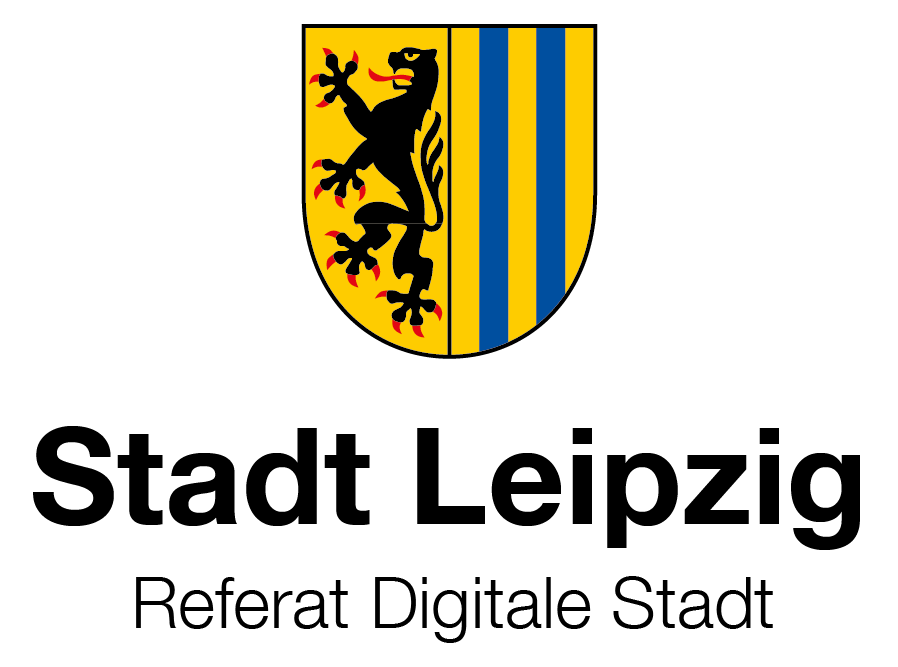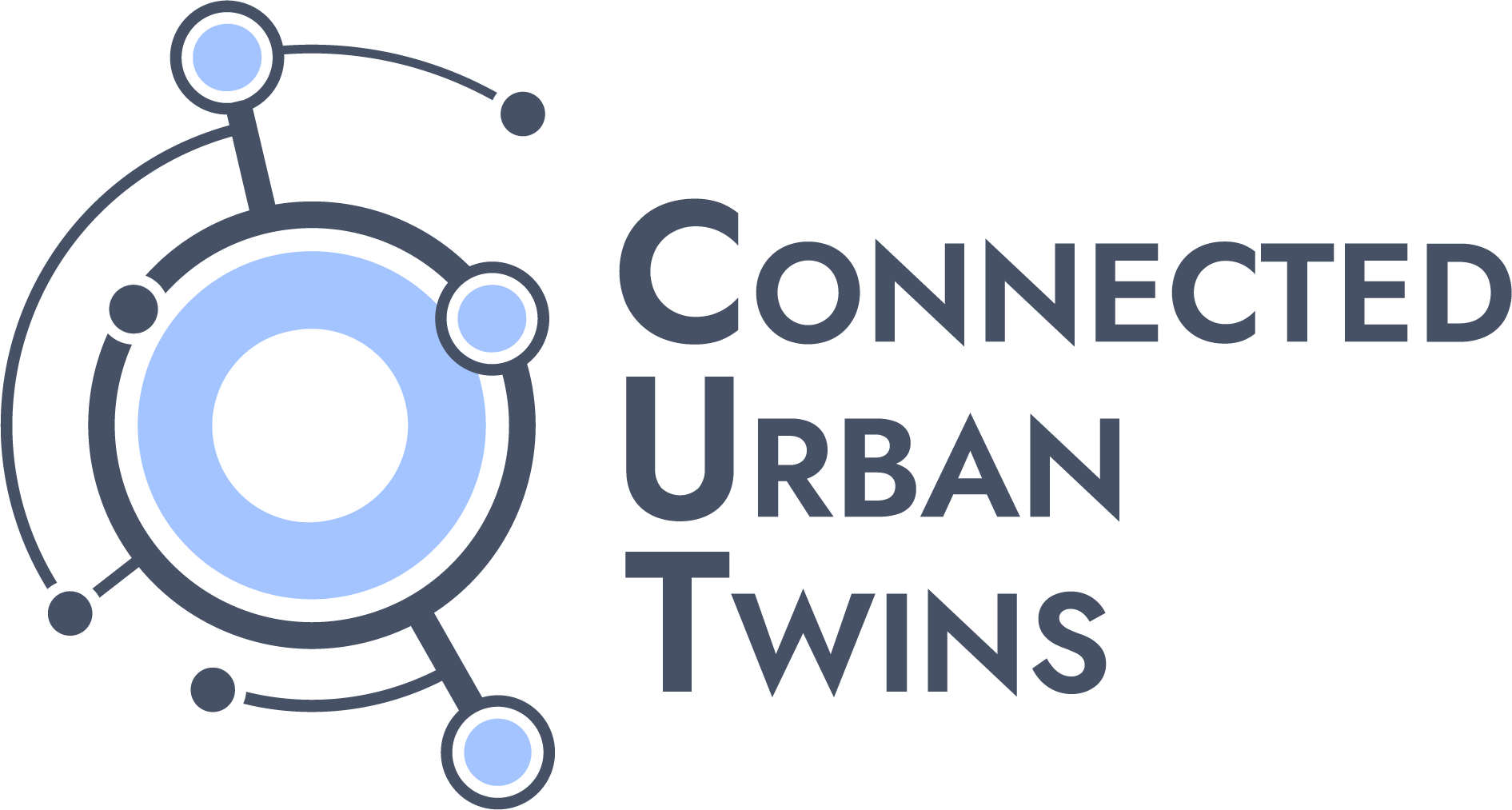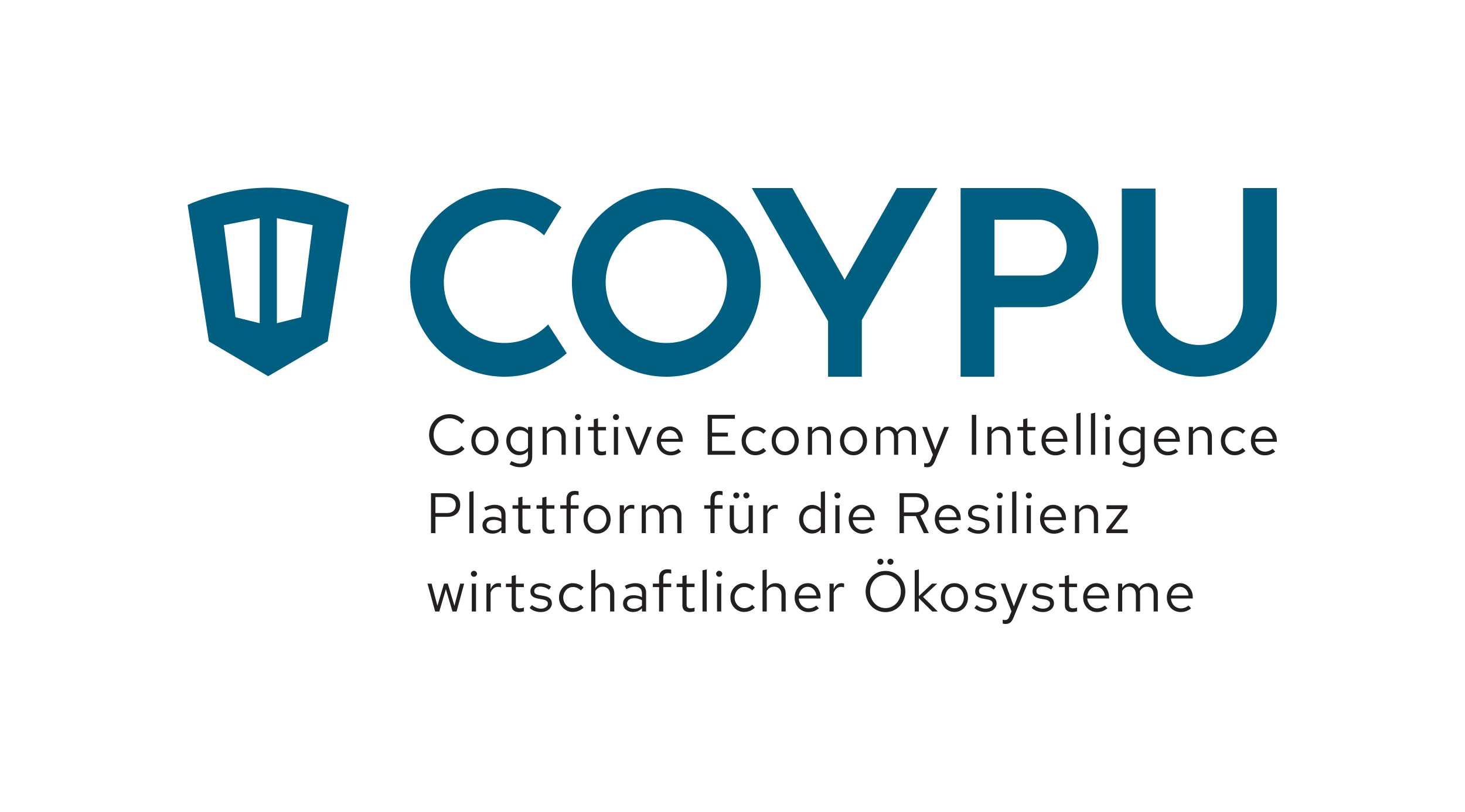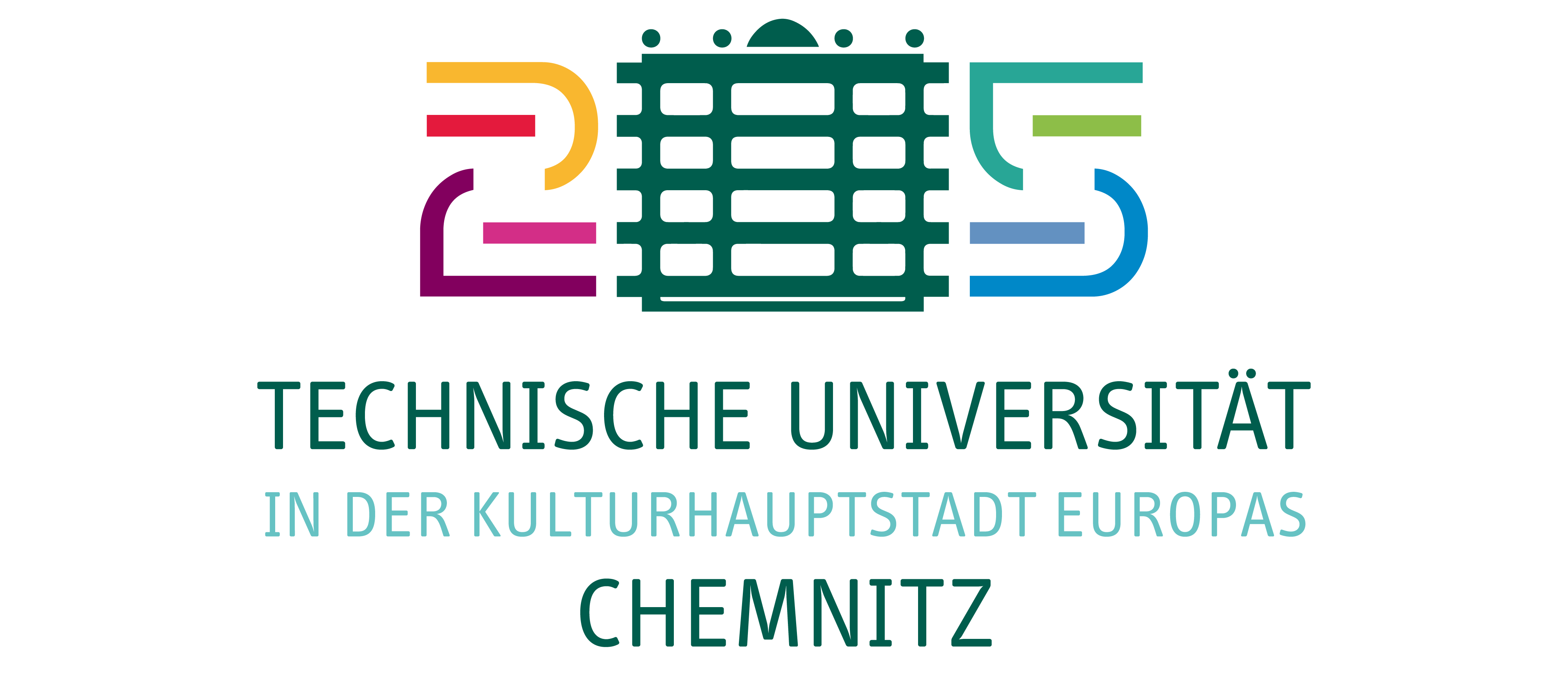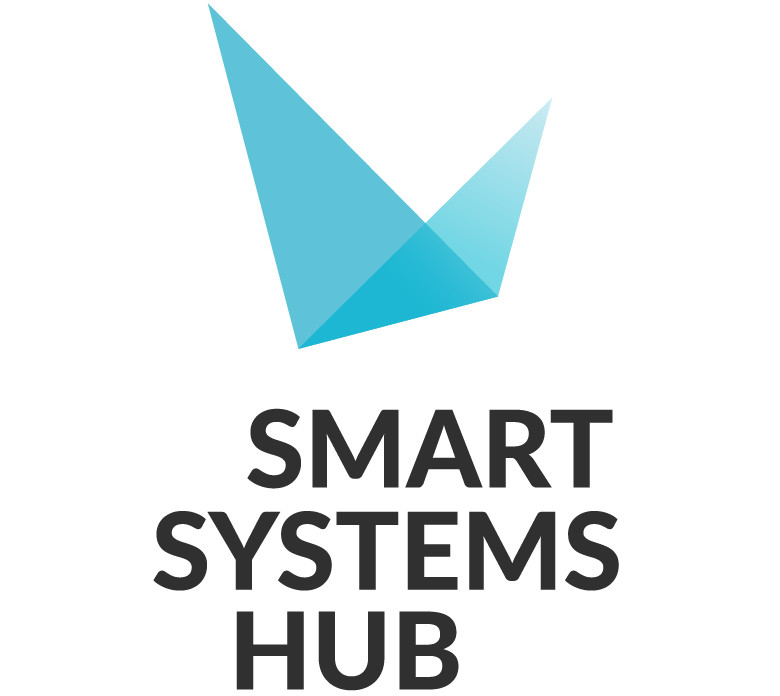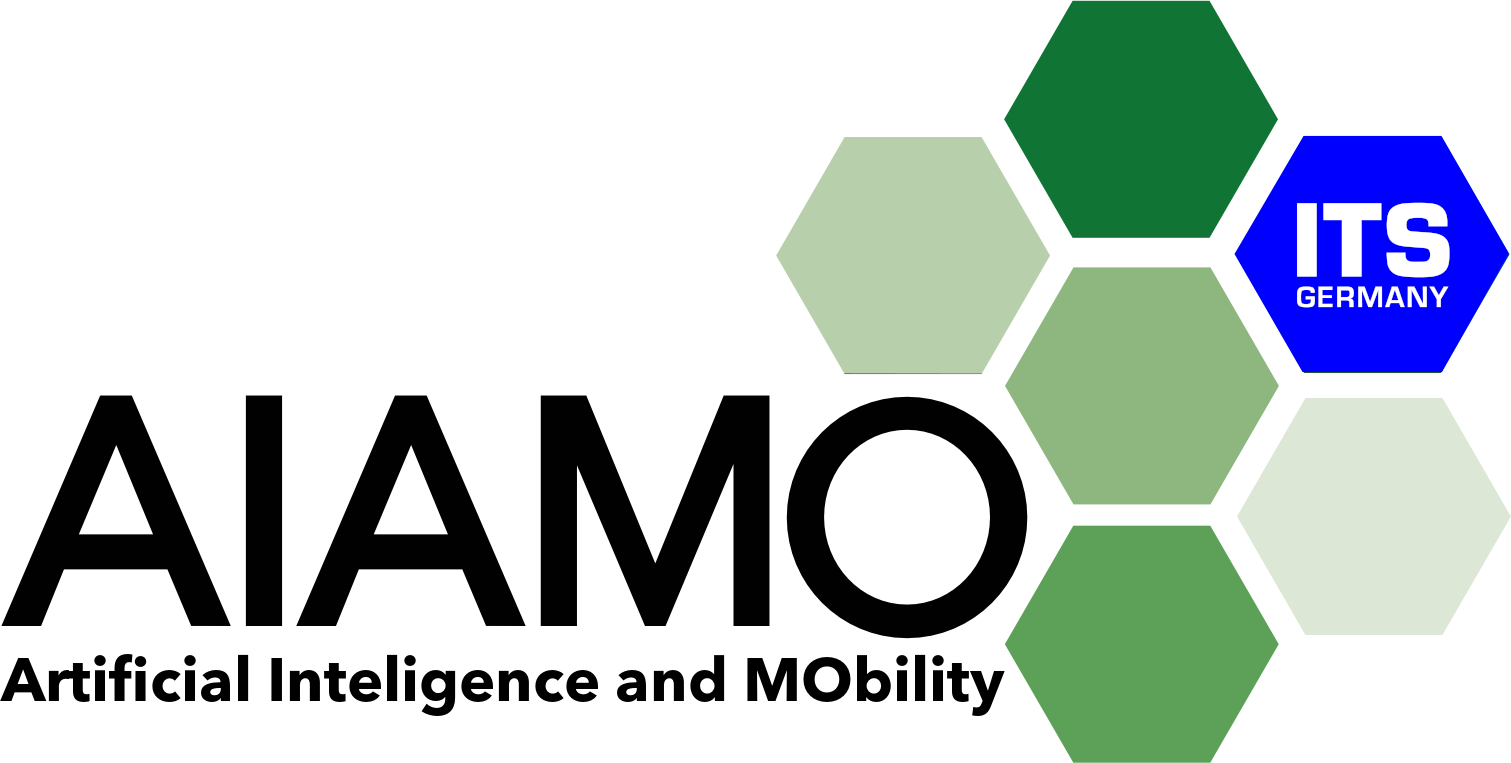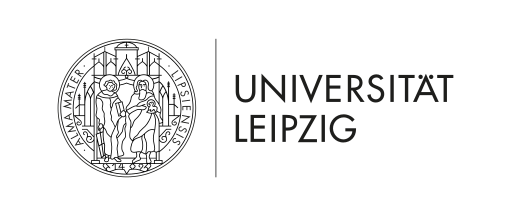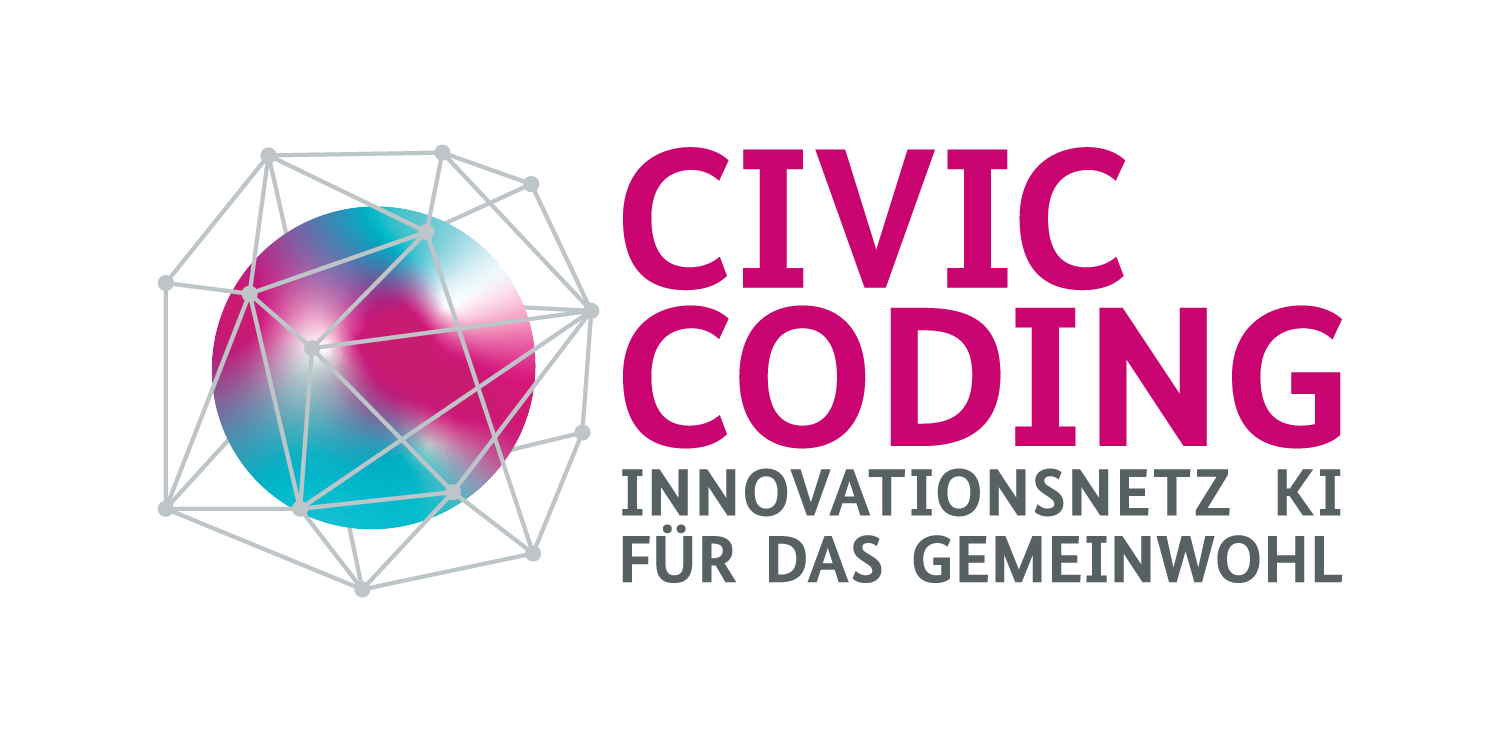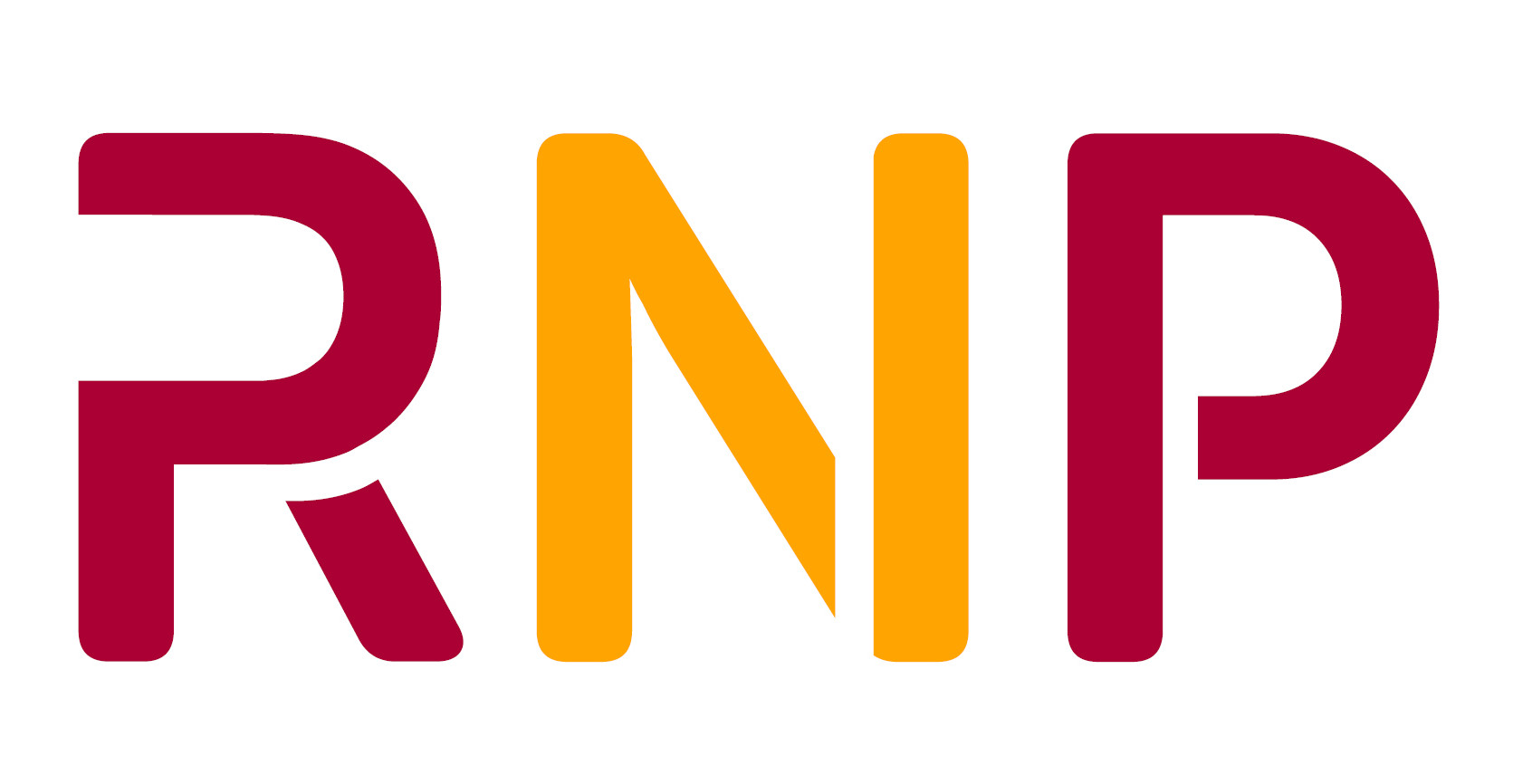The Program
09:15
Admission
- | Wandelhalle |
10:00
Opening - Live translation available in English. 
- | Sitzungssaal | German
- Linda Drescher: Opening - Live translation available in English.
- Prof. Dr. Michael Martin (University of Technology Chemnitz) and Ingolf Römer (Institute for Applied Informatics): Opening by the organization team - Live translation available in English.
- Dr. Beate Ginzel (Digital City Department, City of Leipzig): Greetings from the City of Leipzig - Live translation available in English.
- Prof. Dr. Eva Inés Obergfell (Leipzig University): Greetings from the University of Leipzig - Live translation available in English.
10:45
Keynote
- | Sitzungssaal | German
Keynote: Environmental research in a data-rich age - Live translation available in English.
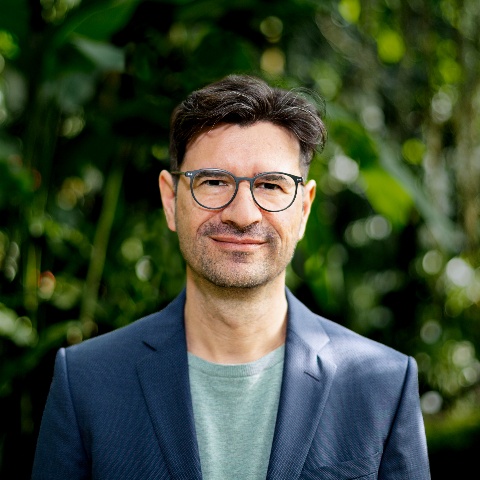
Prof. Dr. Miguel D. Mahecha Institute for Earth System Science and Remote Sensing
Vita
Miguel Mahecha is Professor of Environmental Data Science and Remote Sensing at the University of Leipzig and the Remote Sensing Centre for Earth System Research. His main scientific interest is understanding ecosystem responses to climate extremes and human-environment relationships during climate extremes. He also works on understanding macro-ecological dynamics and ecosystem functioning. His research is based on data-driven methods and high-dimensional Earth observations. In recent years, he has co-developed the concept of the Earth System Data Cube, which combines empirical methods with theoretical understanding to understand complex interactions in the Earth system. Miguel Mahecha is a member of the German Centre for Integrative Biodiversity Research (iDiv) and PI in the Centre for Scalable Data Analytics and Artificial Intelligence. He is a Fellow of the European Laboratory for Learning and Intelligent Systems.
We live in a time in which many areas of our environment are continuously monitored by new sensors - on land, in the air and in the water. This generates huge amounts of data that make it possible to record environmental changes and the state of ecosystems almost in real time. At the same time, however, there are major data gaps. Contrary to expectations, reliable information on key environmental parameters such as biodiversity, tree health, tree mortality or water quality is often difficult to access. How can we close these gaps? Artificial intelligence (AI) methods offer new approaches to supplement missing knowledge. By training AI models with selectively collected ground measurements and widely available satellite data, they learn to recognize common patterns. This allows us to gain new insights into the state of our environment. In this talk, I will show how we at Leipzig University use AI methods to make previously hidden transformations in our ecosystems visible and our data interactive.
11:30
Lunch break
- | Wandelhalle |
Posters and Stands
12:30
Earth watching from space: how remote sensing reveals water and vegetation changes 
- | Sitzungssaal | English
Almudena García-García
(Helmholtz Centre for Environmental Research GmbH - UFZ),
Dr. Daniel Doktor
(Helmholtz Centre for Environmental Research GmbH - UFZ),
Prof. Dr. Jian Peng
(Helmholtz Centre for Environmental Research GmbH - UFZ) and
Dr. Maximilian Lange
(Helmholtz Centre for Environmental Research GmbH - UFZ)
We will present how cutting-edge remote sensing technologies are improving our understanding of Earth’s water cycle and vegetation dynamics. This session will unveil how satellite observations provide unique insights from tracking changes in soil moisture, evapotranspiration to monitoring vegetation health under climate extremes. We will discuss how these advancements empower us to predict changes, support sustainable resource management, and enhance ecosystem resilience in a changing climate.
14:00
Coffee break
- | Wandelhalle |
Posters and Stands
14:30
Data That Shapes Cities – Foundations for Smart Urban & Rural Development - Live translation available in English. 
- | Sitzungssaal | English
Dr. Beate Ginzel
(Digital City Department, City of Leipzig),
Dr. Christoph Schubert
(Digital City Department, City of Leipzig),
Enoh Tabak
(Deutsche Gesellschaft für Internationale Zusammenarbeit GmbH (GIZ)) and
Phillippus Albertus Balhao
(Lüderitz, Namibia)
How can cities and rural communities worldwide kick-start Smart City use cases? What data and software are available – public, private, civic? And where are the gaps? This session brings together international partners, the International Smart City Network (ISCN), and the knowledge transfer team of the Connected Urban Twins project (CUT) to explore how open data, open source, and IoT-based civic participation can drive smart urban and rural development – from major cities to small municipalities across the globe
16:00
Coffee break
- | Wandelhalle |
Posters and Stands
16:10
Sensor Technology in Urban Spaces 
- | Sitzungssaal | English
Ana Georgieva
(Digital Forum EUROCITIES),
Dr. Christoph Schubert
(Digital City Department, City of Leipzig) and
Sebastian Böhm
(Digital City Department, City of Leipzig)
What does it mean to use sensors responsibly in public spaces? What ethical, legal, and security frameworks are needed, and how can cities implement them in practice? Together, we will discuss the experiences of Leipzig, Eindhoven, and Lisbon with sensor registers, LoRa networks, and decentralized data processing. These three cities have collaborated within the Eurocities Digital Forum Labs to draft a white paper addressing these issues. The focus lies on transparency, data protection, governance, and human-centered data use. The aim is to explore how cities can strategically and responsibly use sensor technology for the common good.





